Most people go on camping trips because they’re tired of the city or ready for an adventure. Whether you enjoy biking, hunting or any other outdoor activity, camping offers you a way to focus completely on a hobby for a few days without external distractions.
What you might not realize is that camping can help you live a longer, healthier life.
Camping Checklist
There’s always something that gets forgotten when packing for a camping trip. Having a well thought out camping checklist can help you to prevent this from happening. Here are our recommendations of camping essentials to take on any trip.
Shelter and comfort checklist
- Sleeping bag
- Pillow
- Sleeping mat or camp bed if tent camping
- Table and camping chairs
- Mallet, spare pegs and puller
- Spare batteries, portable charger and cables
- Torch and head torch
- Tent repair kit, paracord, gaffa tape, cable ties, sewing kit
- Air pump if needed for an airbed
- Windbreak
.jpg?sfvrsn=a51d0e71_2)
Stay warm and weather proof
- Waterproof jacket, trousers and umbrella
- Clean and dry clothes to sleep in
- Woolly hat, gloves and sunhat
- Suitable footwear
- Spare underwear and socks
- Lightweight and fast drying materials
- Sun protection and sunglasses
.jpg?sfvrsn=a91d0e71_2)
Kitchen essentials
- Stove or BBQ
- Fuel
- Lighters or matches
- Cool box or fridge
- Pots, pans and kettle
- Chopping board
- Plates, bowls and mugs
- Cooking and eating utensils
- Dish cloths and sponge
- Tea towels
- Washing up liquid and bowl
- Rubbish bags
- Tin & bottle opener
.jpg?sfvrsn=ad1d0e71_2)
Stay clean and healthy
- Any toiletries you would usually use: soap, shampoo, conditioner
- Any regular medicines
- First aid kit
- Hand sanitiser and antibacterial wipes
- Face masks to wear in communal areas
- Insect repellent
- Tooth brush and toothpaste
- Towels

Important essentials to remember:
- Booking details and any tickets
- Travel insurance
- Breakdown cover details
- Contact details of the nearest vet if necessary
1. THE FRESH AIR
When you spend time near a lot of trees, you take in more oxygen. That feeling of happiness that you get when you take your first breath of air at the campground isn’t all in your head–well, technically it is, but it’s a release of serotonin from the extra oxygen. Your body can function with less strain when there’s plenty of oxygen. That’s not the only benefit of fresh air. Research shows that some time outdoors can improve your blood pressure, improve digestion and give your immune system an extra boost. When you spend a few days outside, you get some serious health benefits from the extra oxygen and low levels of pollutants.
2. SOCIALIZATION
Camping alone is plenty of fun, but if you bring along a friend or family member, you’ll enjoy a unique experience together that will help you keep a healthy, happy relationship. Socializing can extend your lifespan and delay memory problems according to research published in the American Journal of Public Health, and apart from the medical benefits, a few close relationships make life more fun. Invite a few friends on your next trip out.
3. IMPROVED MOODS
Regular campers will often talk about how the first few days back from a trip seem happier. This isn’t without merit; spending some time outside in the sunlight can even out the levels of melatonin in your brain. Melatonin is the chemical that makes you feel tired and can induce feelings of depression, so by camping, you can enjoy better overall moods during and after your trip.
4. LESS STRESS
Camping also allows you to cope with stress. Stress can negatively affect your health in just about every way possible, and you’re putting much less strain on your mental and physical faculties by giving yourself some stress-free time at the campsite. The lack of stress is related to the rise in oxygen levels, higher levels of serotonin and managed levels of melatonin mentioned above. There’s also an emotional component at work here, since it’s harder to be annoyed or angry when you’re doing something that you enjoy.
5. EXERCISE
Let’s not forget the most obvious benefit of camping: you’re spending a lot of time performing physical activities. Even if you’re taking a fishing trip, you’re burning more calories than you’d burn sitting around an office, and if you hike or bike, you’re performing cardiovascular exercise that will help keep your heart and lungs healthy. Your activity levels will vary, but hikers burn anywhere from 120-300 calories per hour. Bikers burn 300-500 calories per hour, and fly fishing can burn up to 200 calories per hour. No wonder you work up such an appetite during a long camping trip.
6. SUNSHINE
Sunshine feels great on your skin, and there’s an evolutionary reason for that. When you’re out in direct sunlight, you’re taking on a ton of Vitamin D, which allows your body to absorb calcium and phosphorous.
7. A GOOD NIGHT’S SLEEP
Assuming that you’ve got decent camping gear, you’ll fall fast asleep after a day full of outdoor activities. Sleep has an effect on all of your body processes and can reduce inflammation, improve your cardiovascular system and help you stay alert. Many campers report better sleep cycles when they return for a trip.
8. GOOD FOOD
If you pack s’mores, you’re not seeing any particularly solid health benefits in this department. However, if you’re fond of fishing and hunting, you’ll likely eat a large amount of protein and healthy fats on your camping trip. You won’t get any preservatives or unnatural ingredients in a fresh lake-caught fish, and all of the exercise on your trip will help you digest.
9. NEW CHALLENGES
No two camping trips are exactly the same, and that’s a good thing. Studies from the University of Texas and University of Michigan show that new experiences help to keep brains healthy. New activities that are both physically and intellectually stimulating have the greatest effect on brain health, and camping fits both of these criteria.
10. MEDITATION
When you go camping, don’t forget to turn off your cell phone. Leave the tablet and the laptop computer at home. Try to disconnect for a few days and enjoy the simplicity of the natural experience. This isn’t just a general tip to help you enjoy the experience; if you’re willing to enjoy your surroundings without any outside distractions, you could increase your lifespan. Jon Kabat-Zinn, founder of the Mindfulness-Based Stress Reduction Program, believes that turning off the cell phone and engaging with nature is one of the simplest ways to get the health benefits of meditation. The Mayo Clinic reports that meditation may improve a number of serious medical conditions by increasing self awareness and giving a person stress-reduction tools. If you suffer from depression, fatigue, heart disease or even allergies, research shows that camping can improve your overall health. Just don’t forget to commit to the experience–if your cell phone’s off, you’re on your way to developing a stimulating, tranquil hobby that will keep you healthy for years to come.
View our camping essentials below or download the list here to use as a handy reference guide when packing for your next trip.

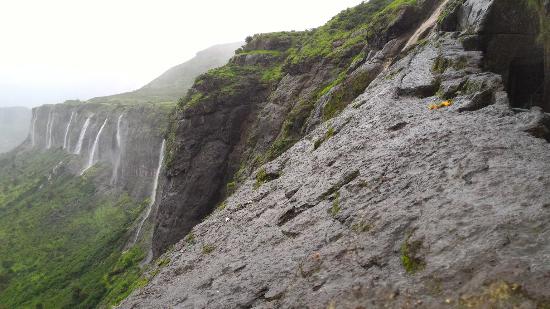

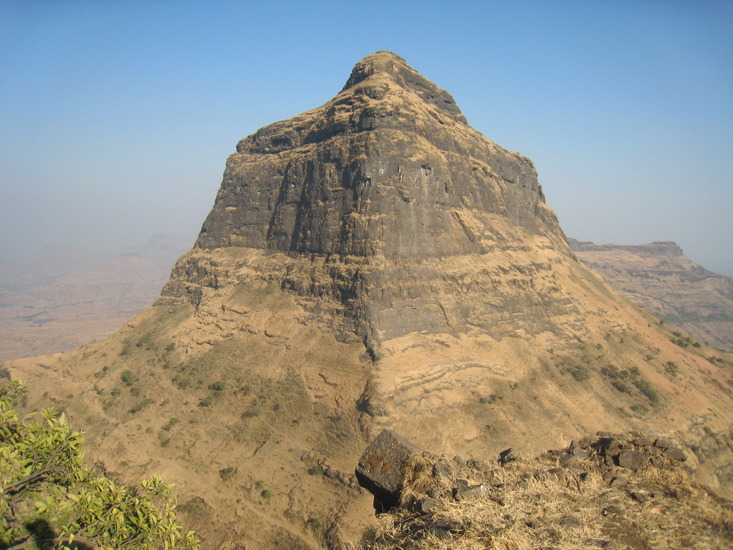
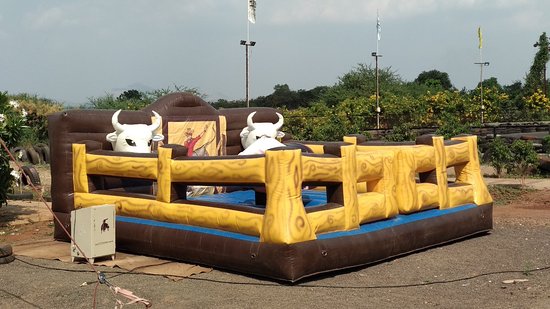
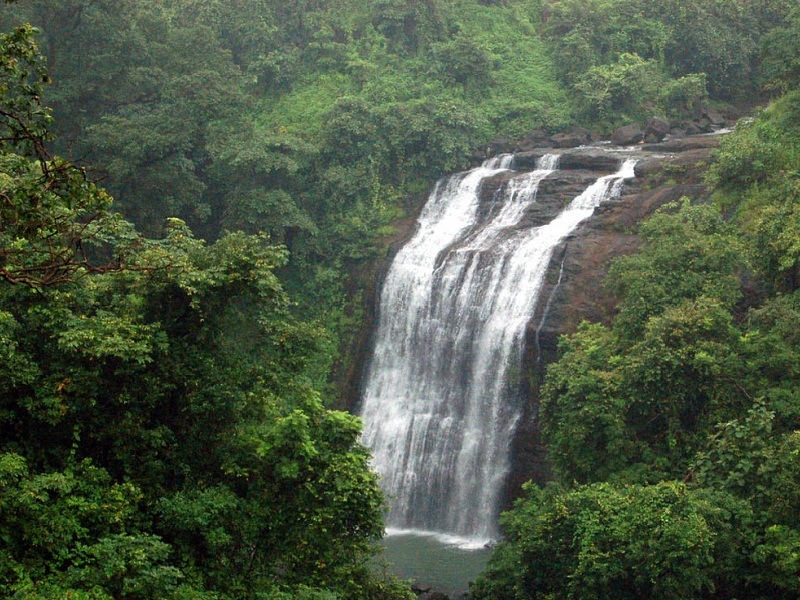
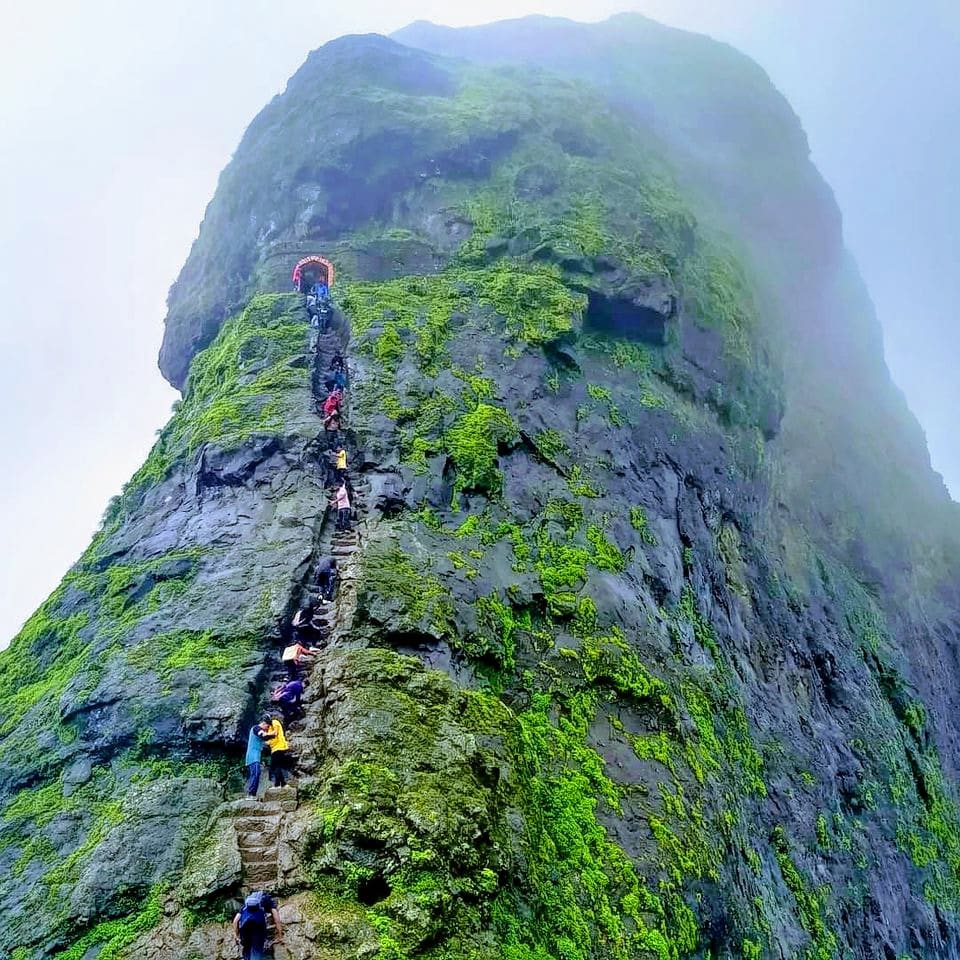
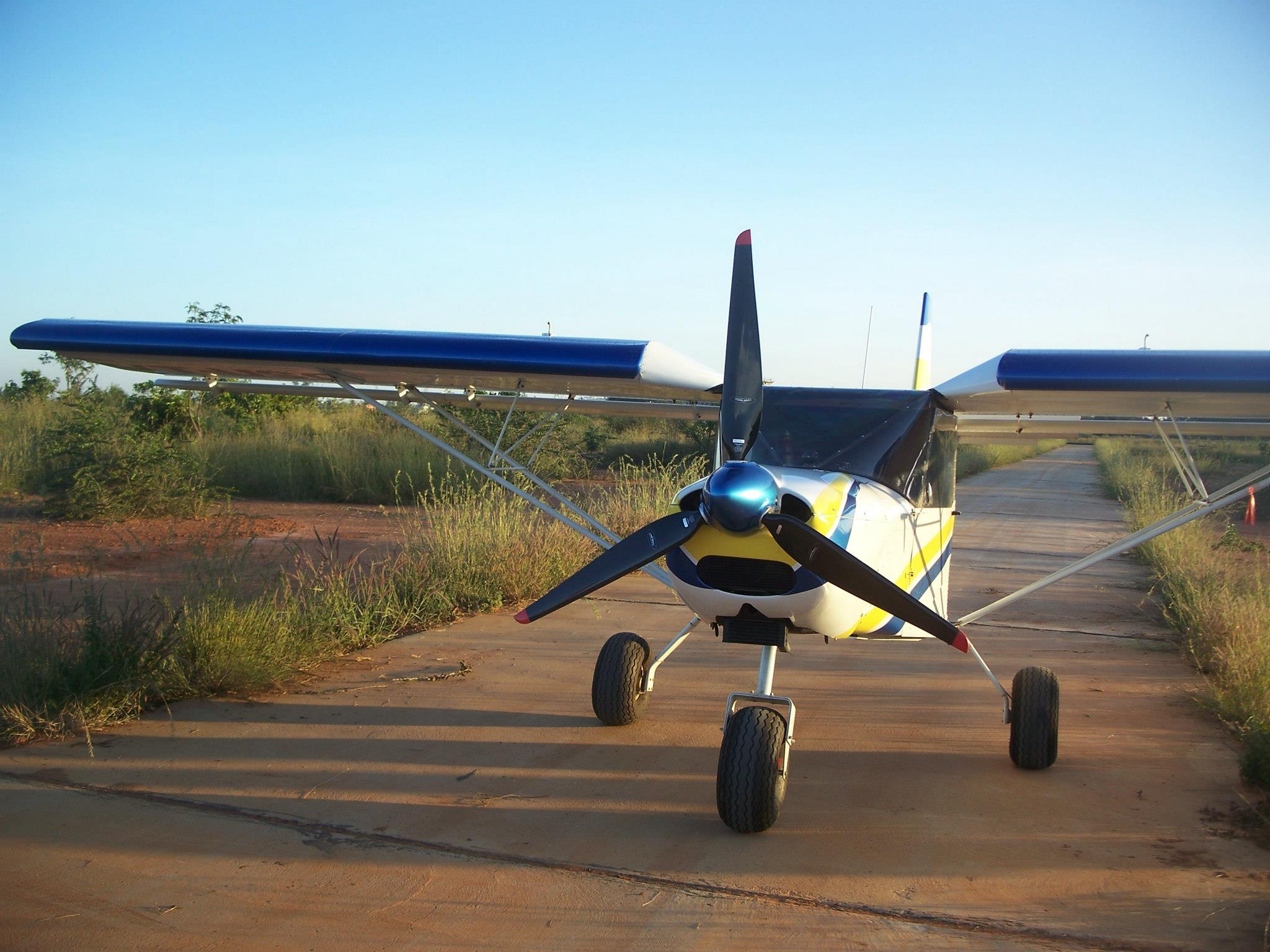
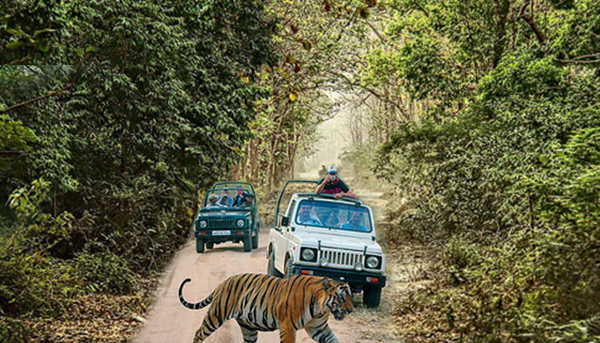

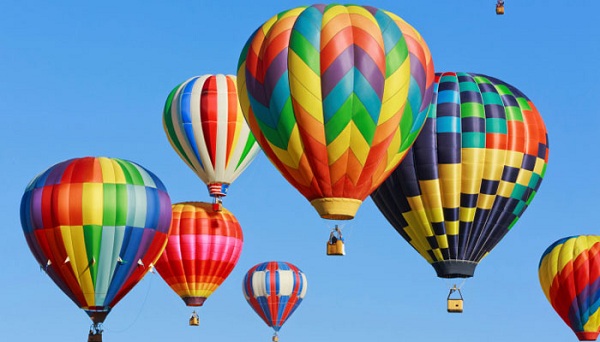


12 Comments
Comments are closed.